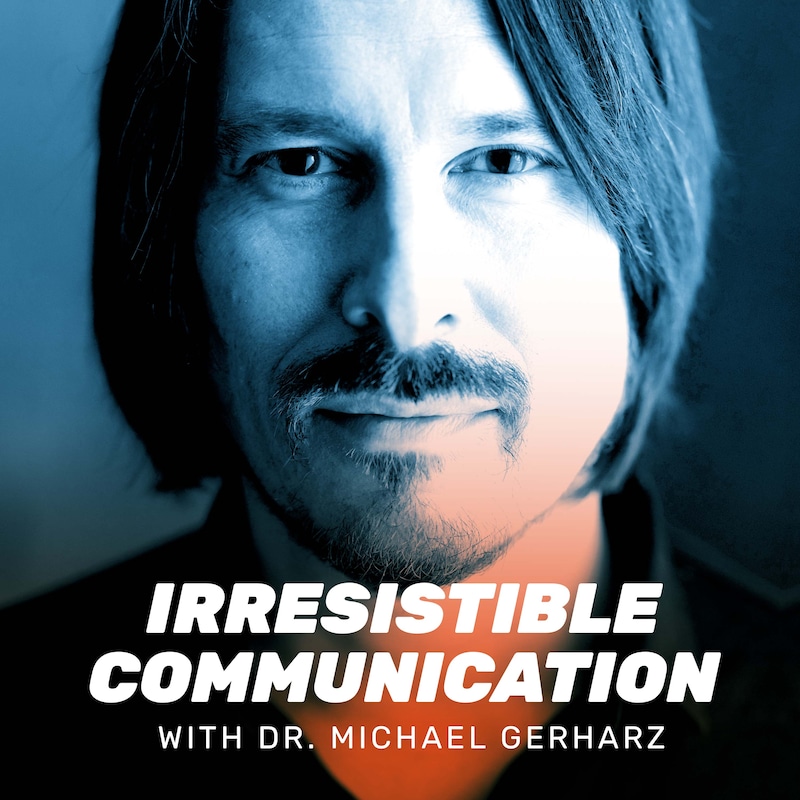Speaker:
00:00:02
How do you scale a magazine from zero readers to being
Speaker:
00:00:06
Europe's best selling magazine?
Speaker:
00:00:08
You need three things.
Speaker:
00:00:10
Great writing.
Speaker:
00:00:12
That resonates.
Speaker:
00:00:14
And gets passed along.
Speaker:
00:00:16
Interestingly, this list starts at the end.
Speaker:
00:00:20
It's how Henri Nannen, founder of the Stern magazine and it's editor in chief
Speaker:
00:00:25
for more than 30 years, led the magazine to actually become Europe's best selling
Speaker:
00:00:30
magazine in the seventies and eighties.
Speaker:
00:00:33
He demanded from his editors to start their writing at what gets passed along.
Speaker:
00:00:39
Unless an editor could clearly state what a reader was supposed to tell a
Speaker:
00:00:45
friend after reading an article, they were not allowed to write the article.
Speaker:
00:00:52
Nannen explained the rule by an anecdote about his grandparents.
Speaker:
00:00:56
It goes like this:
Speaker:
00:00:57
Suppose grandpa and grandma are going for a walk.
Speaker:
00:01:01
Along their way, they buy the newest edition of our magazine.
Speaker:
00:01:05
Now, when they come home, they do what they always do.
Speaker:
00:01:08
Grandma walks into the kitchen to prepare lunch, while grandpa sits down
Speaker:
00:01:13
in the living room to read our magazine.
Speaker:
00:01:16
Suddenly after reading one of the articles, he closes the magazine
Speaker:
00:01:20
to shout into the kitchen.
Speaker:
00:01:22
Grandma, they're going to raise taxes again.
Speaker:
00:01:25
It's the one sentence that felt so important to him that it created the
Speaker:
00:01:30
urge to shout it into the kitchen.
Speaker:
00:01:33
It's the same phrase that he's going to tell his friends when
Speaker:
00:01:37
he meets them in the evening.
Speaker:
00:01:39
When we don't decide what that phrase will be, grandpa's just
Speaker:
00:01:44
going to decide for himself.
Speaker:
00:01:47
Now, what's important to keep in mind here is that it's the same
Speaker:
00:01:51
sentence that your audience is going to tell their friends – whether it be
Speaker:
00:01:56
colleagues, bosses, partners, spouses – when they tell them about the piece
Speaker:
00:02:02
they just heard or read from you.
Speaker:
00:02:06
It's the same sentence your audience will reply with when someone asks them.
Speaker:
00:02:12
So what was the pitch like?
Speaker:
00:02:15
The thing is this.
Speaker:
00:02:17
Your audience will always have that pass along phrase.
Speaker:
00:02:21
No matter whether you like it or not, your audience will always
Speaker:
00:02:26
choose a pass along phrase.
Speaker:
00:02:28
No matter whether you like it or not, your audience will always have
Speaker:
00:02:32
an answer when someone asks them: So what was it about and they're
Speaker:
00:02:38
not going to ask you for support.
Speaker:
00:02:42
Are you clear about the pass along phrase of your audience?






